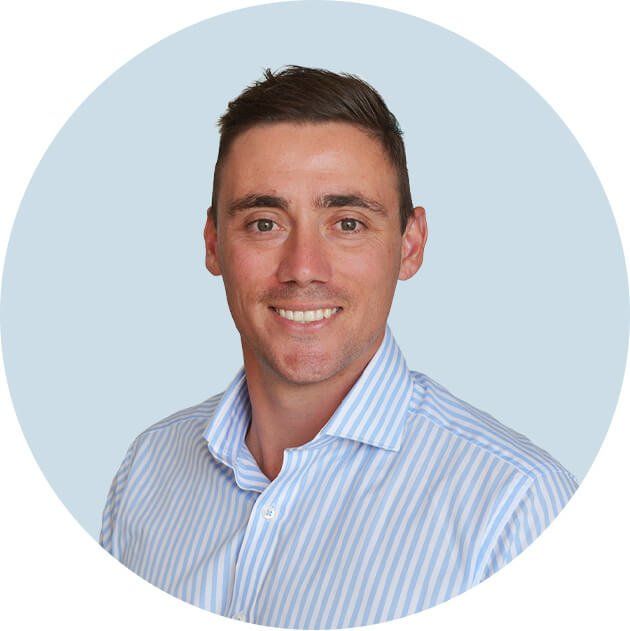Balance sheet or Income Statement?
A common statement we in the Financial Planning game hear is “I am worth XXXX, so I am wealthy”.
Firstly, wealthy is a relative term and can mean different things to different people. I like to think a person is wealthy when they have achieved true financial peace of mind and are in a position where their passive income stream enables them to do whatever it is they wish to do with their time. The key part there is whatever they wish to do with their time, not what anybody else is doing.
The ambiguous definition of wealth is deliberate. If what one person wishes to do with their time costs $50k per annum, and for another person the annual cost is $95k, and both have the passive income to match it, I would consider them both wealthy. However, if the person needing $95k only has $60k, I would not consider them as wealthy as our $50k friend. The peace of mind factor is big.
Circling back to the opening sentence, it is not your net worth that is important, rather it is your passive income. There are 3 main asset classes that we can use to derive an income from: cash, property and shares. So, let’s compare these now using our $50k friend.
The income we derive from cash is the interest rate. At current times, this amount is almost zero, and is, in-fact, lower than inflation. Using a more realistic interest rate figure of 3%, our $50k friend would need $1,666,666 sitting in a cash account in order to derive their ideal income stream per annum. Cash is the simplest asset to analyse and has little to no costs associated with it.
Property gives us income in the form of rent cheques. Using a gross rental yield of 4%, our $50k friend would need $1,250,000 worth of investment properties to match their need. With today’s property prices and recent boom, that would likely be 2 or 3 different properties. However, with investment property investing comes costs. So out of that 4% yield, property management, insurance, rates, taxes and maintenance costs would need to be considered, as would some provision for empty periods. Therefore, our $50k friend would likely fall short and need another source of income. There is not doubt residential property holds great capital growth opportunity for investors; be mindful if your strategy is to enter retirement purely using this asset as a form of income.
The last asset we have is shares. The income we get here is via dividends, which is nothing more than a share of profits of the company you own shares in. When you account for franking credits, a realistic average yield from a share portfolio is 5%. Only $1 million invested in shares would be needed to generate the $50k our friend needs, and what is more, there are no added costs associated like property. I do acknowledge volatility with share investing is far greater than the other 2 asset classes, however, if your focus is on the income return, you can accept this.
So, if one were to try and get their $50k from either asset class, they would need $1.6 million, $1.25 million or $1 million, respectively, to do so. Out of the 3 figures mentioned, which do you believe is most achievable? This is why when I hear the statement I mentioned in opening, I counter with “how much passive income do you have?”
If you would like to know what kind of balance sheet you need, to get the income you need, please do not hesitate to reach out to a Mulcahy & Co Financial Planner today.
Episode 34
'A common statement we in the Financial Planning game hear is “I am worth XXXX, so I am wealthy”.
'Wealthy' is a relative term and can mean different things to different people. I like to think a person is wealthy when they have achieved true financial peace of mind and are in a position where their passive income stream enables them to do whatever it is they wish to do with their time. The key part there is whatever they wish to do with their time, not what anybody else is doing.
Join Danny Archer (Financial Planner) and Gavin Nash (Host) in this episode available on our website, Spotify & Apple Podcasts.
Latest News








